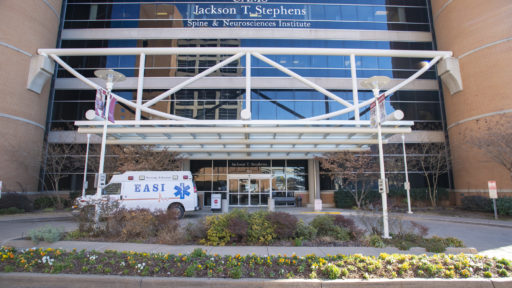Sleep apnea is becoming a more common condition today with one in five adults thought to have some degree of obstructive sleep apnea. Sleep apnea is a serious sleep disorder that occurs when your breathing is interrupted during sleep. If sleep apnea is untreated, it could cause you to stop breathing repeatedly during sleep, sometimes hundreds of times.
Symptoms
There are two types of sleep apnea: obstructive and central. Obstructive sleep apnea is the more common form that is caused by a blockage of the airway. Central sleep apnea is when the brain fails to signal the muscles to breathe due to instability in the respiratory control center.
Sleep apnea is more common in males and people who are overweight. There is also an increased risk if you have gastroesophageal reflux or have a family history of sleep apnea.
Because it only occurs during sleep, most people who have sleep apnea aren’t aware of the issue. A family member or bed partner may first notice the signs of sleep apnea. The condition is diagnosed with an overnight sleep test or sleep study.
The most common symptoms of sleep apnea include:
- Waking up with a very sore and/or dry throat
- Loud snoring
- Occasionally waking up with a choking or gasping sensation
- Daytime fatigue
- Restless sleep
Diagnosis and Treatment
Treatment for sleep apnea varies depending on the individual and the severity of the case. For mild cases, behavioral therapy may help, such as sleeping on your side, avoiding alcohol, sleeping pills or other sedatives. One of the most common ways to treat the condition is the use of a continuous positive airway pressure (CPAP) device. This machine generates the required air pressure the keep your airways open during sleep. Sometimes surgery is another option for treatment.



